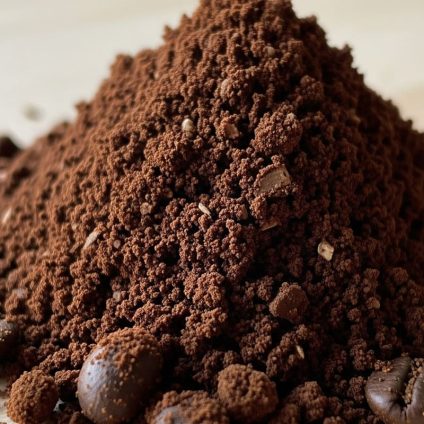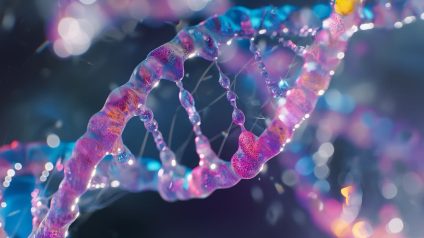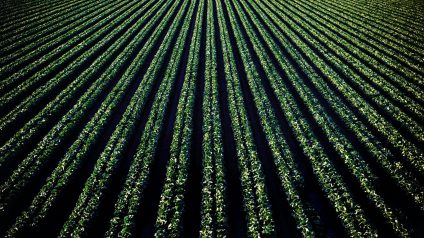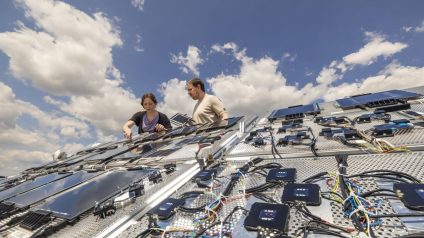Two researchers from Scotland developed a circular process that turns spent coffee grounds into cosmetic ingredients, cutting waste and boosting sustainability.
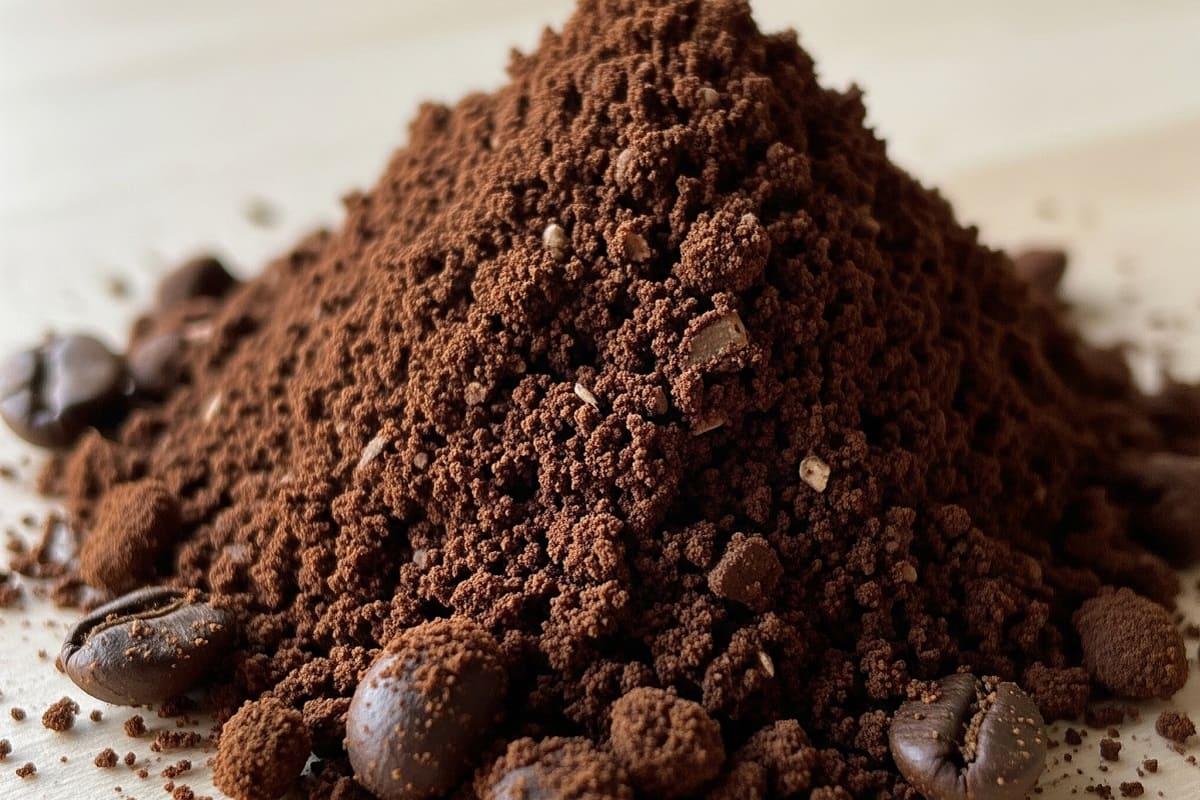
Billions of cups, millions of tons of waste: the coffee problem
Every day, billions of cups of coffee are consumed around the world, generating millions of tons of used coffee grounds. Most of this organic waste is disposed of unsustainably. To put it into perspective, in 2023 alone, Europe produced over 2.3 million tons of roasted and decaffeinated coffee. That same year, the EU imported 2.7 million tons of coffee from non-EU countries, valued at €10.6 billion.
Spent coffee grounds in Europe
Estimating the exact amount of spent coffee grounds across Europe is challenging, as it depends on consumption levels and brewing methods. In Italy alone, over 360,000 tons of used coffee grounds are generated each year.
This massive consumption presents a unique opportunity. Seizing it were two Scottish researchers, Fergus Moore and Scott Kennedy from the University of Strathclyde in Glasgow. They developed a circular economy process that repurposes coffee waste into cosmetics and more. Their idea led to the creation of a startup, Revive Eco, which aims to commercialize the technology and divert tons of organic waste from UK landfills.
The beneficial properties of coffee grounds
Using coffee grounds in skincare is not entirely new, but Revive Eco is focused on extracting specific oils with anti-inflammatory and anti-aging properties.
Here’s what makes this waste so valuable:
- Coffee grounds are rich in antioxidants such as chlorogenic acids and polyphenols, ideal for anti-aging formulas.
- Caffeine is known for its stimulating properties. When applied to the skin, it boosts blood circulation and reduces puffiness.
- Finely ground coffee particles work as a gentle physical exfoliant, removing dead skin cells without causing micro-tears.
- The extracted oils also contain essential fatty acids that strengthen the skin’s natural barrier.
From collection to reuse, the Revive Eco patent
It all starts with a wide-scale collection network of cafés and restaurants across the United Kingdom, ensuring a steady supply of raw material. Once collected, the grounds undergo a pretreatment process that includes drying to eliminate moisture and, if needed, grinding to optimize later stages.
The core of the process lies in the extraction of natural oils, using a proprietary, patent-pending technology. Unlike traditional methods, this process uses a specific solvent and avoids both water and steam, making it not only efficient but also highly energy-sustainable.
After extraction, the oils are purified to meet quality standards for use in a wide range of applications. But Revive Eco’s approach goes even further: the remaining solid material is not discarded. This “de-oiled” powder is repurposed as a biodegradable exfoliant or even as a base for developing eco-friendly surfactants.
What the startup produces
Revive Eco currently repurposes used coffee grounds generated from the 95 million cups of coffee consumed daily in the UK. By keeping this waste out of landfills, the company extracts natural compounds for further use.
In addition to cosmetic applications, the chemical compounds extracted through the Scottish startup’s patented process can also be used in food, beverages, pharmaceuticals, and cleaning products.


